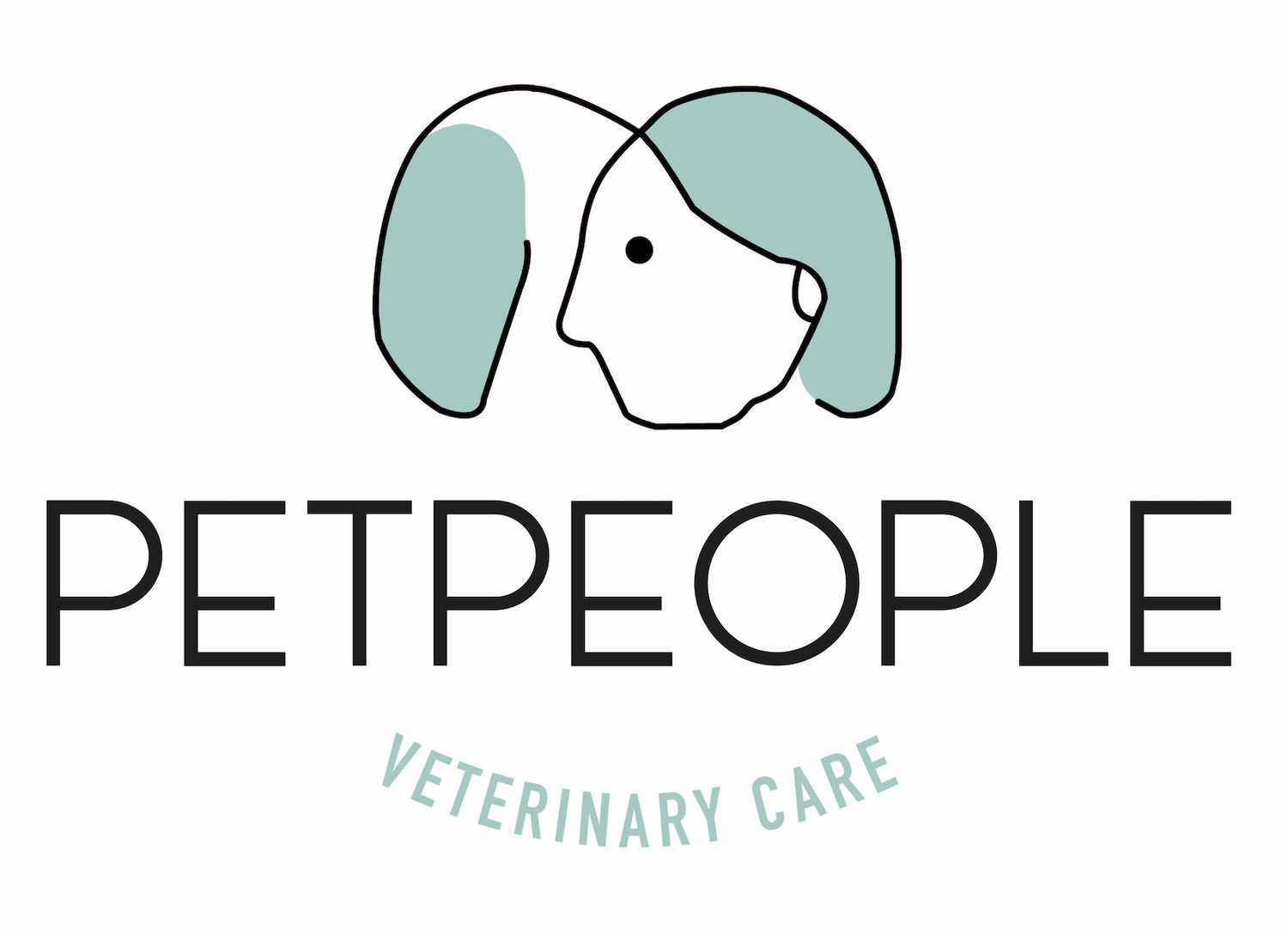Rockin’ around the toxin tree- Keeping your pets safe at Christmas time
To many people, Christmas wouldn’t be Christmas without our pets; the crisp winter dog walks, cats desecrating the Christmas tree and turkey comas all round. However, there are a few festive human joys that can make our furry family members really unwell, and which we’ve listed below to help you enjoy the holidays, worry-free.
Chocolate
The most famous of dog toxins. Chocolate contains theobromine which is well tolerated (and enjoyed) by humans but not by dogs. How sick the dog can be depends on how much they eat, with small dogs consequently being more vulnerable to its effects. Any chocolate ingestion should be discussed with a vet and we can guide you to the right approach. Dark chocolate is also more toxic to our four-legged friends. Rapid intervention can save lives so please call us or our partner app Vidivet anytime.
Grapes / Raisins / Currants
This is a weird one. It is not dose responsive, so a dog can eat one grape and be as affected as having eaten 50, and no-one is sure of the mechanism of which is it so dangerous in some dogs – but it is. The dogs who do become affected will experience serious kidney damage which can be fatal. Management of grape ingestion will include induction of vomiting, blood tests and IV fluids in some cases. These toxins are also an issue in cats so keep an eye on your feline friends too.
Anti-Freeze
This is sweet-tasting and although not commonly consumed, is a really dangerous toxin and can be ingested by dogs licking run-off from cars on icy days. If you think your dog or cat has ingested any anti-freeze, call us immediately as we can provide the necessary emergency treatment and support they need. It’s also worth knowing that very little of the toxin in anti-freeze (ethylene glycol) needs to be consumed to result in fatal toxicity and that pets often have an initial wave of being unwell followed by a period of time where they seem better before deteriorating seriously.
Onions, garlic, leeks & chives
A lesser-known toxicity, these vegetables contain toxic products to dogs and cats which can cause tummy upset at mild levels, but progressing to red blood cell damage and kidney failure in some cases. They are toxic in raw, cooked or powdered form so please pay attention to any leftovers given to pets. Treatment might include blood testing, induction of vomiting, monitoring and IV fluid therapy in an attempt to offset the toxic effects.
In addition to these main Christmas toxins, the following are also to be avoided:
Alcohol
Macadamia Nuts
Chewing gum
Ribbon/String (not technically a toxin but a common foreign body in cats)
Paracetamol (cats mostly)
Human painkillers
Vitamin D supplements
Slug and snail poision
Certain types of rat poison
We know that your pet eating one of the above can be very stressful, especially in the midst of the holiday madness – so please just call straightaway and we can help you to get your furry friend seen, vet checked and treated ASAP. For our 24/7 service provision, we are thrilled to be partnering with Vidivet – an app that allows our clients to speak with a vet 24/7 and get the answers you need – after all, we know dogs and cats don’t always get unwell in working hours!






